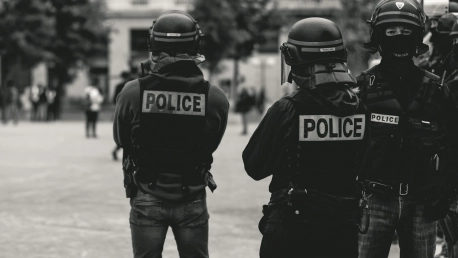In Colorado, a controversial bill is being discussed that aims to restrict the use of prone restraint by police, a method where an individual is handcuffed face-down. This technique has come under scrutiny because of its perceived role in tragic incidents, such as the death of George Floyd. On one side of the debate, law enforcement professionals, including James Hiromasa, consider prone restraint indispensable for officer safety and for de-escalating conflicts. Hiromasa maintains that the technique provides officers with a strategic advantage and can prevent confrontations from becoming more dangerous, thereby protecting officers, suspects, and bystanders alike. This perspective reflects concerns about the balance between public safety and the protection of law enforcement officers in high-stress situations.
The Debate Over Safety Versus Restrictions
The proposal to limit prone restraint in Colorado has elicited a strong response from law enforcement agencies such as the Fraternal Order of Police and The Colorado Association of Chiefs of Police. They are opposed to the bill, fearing it would lead to more lawsuits and a decline in law enforcement ranks due to concerns about personal liability. They also worry that such restrictions could discourage new recruits from joining the force. On the other side, proponents of the bill argue that it is a necessary step towards safer policing and enhancing public trust. Should the bill pass, officers might face personal liability for employing such restraints in scenarios that do not involve deadly force. As Colorado waits for the bill’s amendments and its initial hearing, the fervent debate underscores the complexity of finding a middle ground that ensures both police accountability and the ability of officers to effectively manage dangerous situations. The ongoing discussion is a mirror of the broader tension that exists in the effort to reform police practices.









